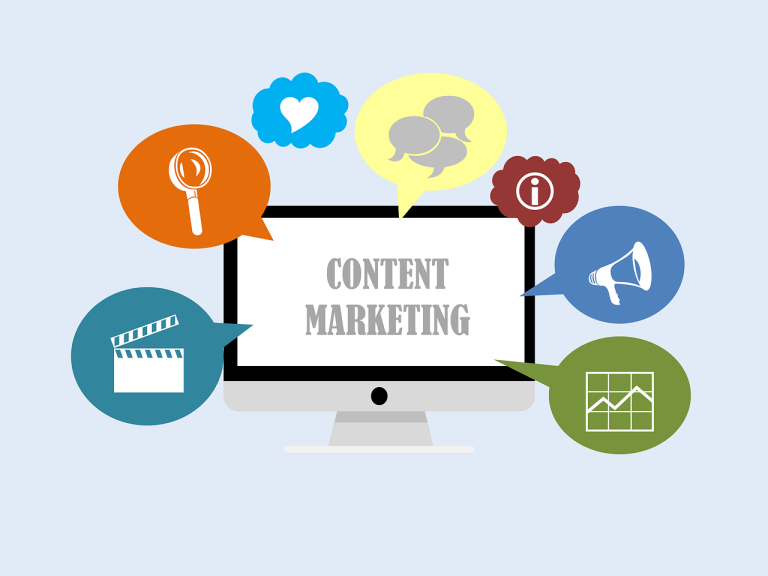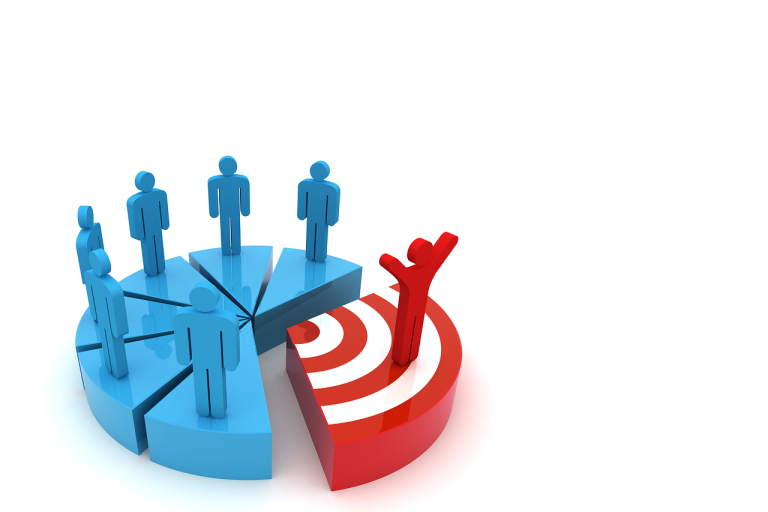Key Components of Digital Marketing
Learn about Key Components of Digital Marketing.. Discover the world of Basics of Digital Marketing. Learn how to elevate your digital presence by incorporating strategies, tools, and best practices.
Introduction
Basics of Digital Marketing pertain to strategies and techniques used in digital marketing to promote products, services, or brands through electronic devices and online platforms.
The key components of this strategy include Search Engine Optimization (SEO) to improve website visibility, Content Marketing to engage audiences, Social Media Marketing to maintain brand awareness, Email Marketing to communicate with customers, and Pay-Per-Click (PPC) advertising to reach targeted audiences. The foundation for effective online marketing strategies lies in the understanding of these elements.
What exactly is digital marketing?
The term digital marketing refers to marketing campaigns that rely on electronic devices and online platforms to reach consumers. A wide variety of marketing tactics are utilized to reach and engage target audiences, such as SEO, content marketing, social media marketing, e mail marketing, and PPC advertising.
The Evolution of Digital Strategies
The days of billboards and television advertisements are long gone. Algorithms and analytics are the key to today’s technological advancements. It has been an exciting transition from print advertisements to targeted online campaigns, and the change has been exhilarating.
Key Components of Digital Marketing
1. Search Engine Optimization (SEO)
SEO refers to the art and science of optimizing your website so that it appears higher in search engine results. It is possible to increase your chances of appearing on the first page of Google or other search engines by incorporating relevant keywords, improving site speed, and improving user experience.
2. Content Marketing
The king of the digital world is content. A quality piece of content, whether it is a blog post, video, podcast, or infographic, will engage your audience, establish your brand as an authority, and build trust.
3. Social Media Marketing
Business can connect with their target audiences via social networking platforms such as Facebook, Instagram, Twitter, and LinkedIn. A social media marketing strategy promotes brand awareness and customer loyalty by using targeted advertisements, compelling posts, and community management.
4. Email Marketing
Email marketing remains a powerful tool for retaining customers and nurturing leads despite the rise of various digital channels. It is possible to drive sales and maintain your audience’s interest with customized newsletters, promotional offers, and tailored content.
5. Pay-Per-Click (PPC) Advertising
The PPC advertising model allows businesses to bid for ad placement on search engines or social media platforms. A fee is charged each time someone clicks on your ad in order to drive targeted traffic to your website and generate leads or sales.
6. Analytics and Data in Marketing
The power of data is unmatched in the world of digital marketing. Google Analytics provides you with the ability to track key metrics, measure ROI, and optimize your marketing campaigns through the use of analytics tools.
The use of data can assist you in making informed decisions that will result in increased profits and contribute to the success of your marketing campaign.
Tools and Platforms
1. Google Analytics
Google Analytics does not lie, and neither do the numbers! A website performance tool like this provides invaluable insight into your website’s performance, user behavior, and conversion rates.
Your digital marketing strategies can be refined and driven to more successful results by tracking metrics such as bounce rate, session duration, and goal completions.
2. Facebook Ads Manager
The Facebook network has over 2 billion users, making it a gold mine for advertisers. By using Ads Manager, you will be able to create, manage, and optimize your ad campaigns targeting specific demographics, interests, and behaviors.
The Facebook Ads Manager is a great tool for enhancing website traffic, boosting sales, and promoting brand awareness.
FAQs
Is digital marketing suitable for all businesses?
There is no doubt that digital marketing is suitable for companies of all sizes and industries. You can reach and engage your audience with digital marketing regardless of whether you are a startup or established organization.
What are the future prospects in digital marketing?
Digital marketing is expected to continue to grow in the future, with advancements in artificial intelligence, voice search optimization, video marketing, and personalized experiences defining the landscape.
What is the digital marketing funnel?
Using the digital marketing funnel, we can map the customer journey from awareness and consideration to conversion and retention.
You can customize your messaging, optimize your touch points, and guide prospects through each stage of the sales process by understanding this sales funnel.
How can I measure the success of my digital marketing efforts?
The success of digital marketing can be measured through a variety of key performance indicators (KPIs), such as website traffic, conversion rates, click-through rates, and return on investment (ROI).
The use of analytics tools and tracking metrics allows for performance evaluation, refinement of strategies, and optimization of results.
Why is SEO important in digital marketing?
SEO (Search Engine Optimization) contributes to the ranking of your website higher in search engine results. A successful website can attract organic traffic, increase visibility, and improve overall online presence by optimizing its content and structure.
Conclusion
The basics of digital marketing are essential for success in the competitive environment of today. It is essential for your business to master the art of SEO, content marketing, as well as leveraging social media and analytics in order to achieve success. The key to creating a successful strategy is focusing on your goals, keeping informed, and adapting to new trends.








